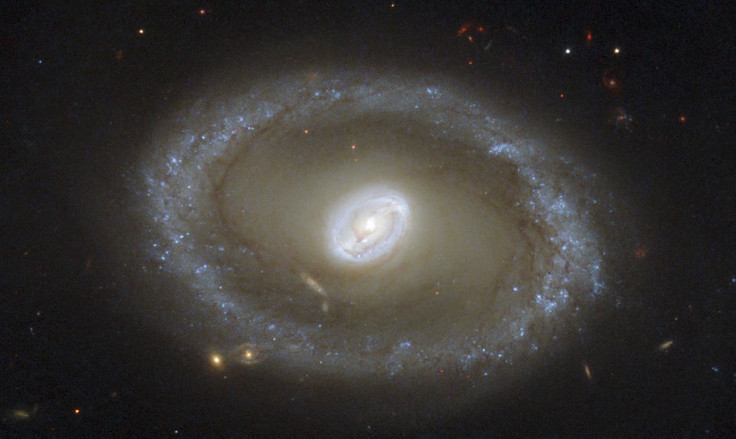Was the Big Bang the beginning of time or are we living in a parallel universe where time runs backwards?
The research challenges the idea of the "arrow of time" which says that time moves forward

The Big Bang might not have been the start of the universe and instead, we could be living in a parallel world where time runs backwards, physicists have said.
Published in the journal Physical Review Letters, a group of physicists led by the University of Oxford's Julian Barbour say our conventional way of thinking about time could be wrong.
"Although the model is crude, and does not incorporate either quantum mechanics or general relativity, its potential implications are vast," Scientific American wrote of the study.
The researchers challenge the idea of the "arrow of time", first named by astrophysicist Arthur Eddington in 1927. This theory says that time moves forward: "Omelettes don't transform back to unbroken eggs and cigarettes never coalesce from smoke and ashes. We remember the past, not the future, and we grow old and decrepit, not young and rejuvenated," the magazine notes.
The scientists argue, however, that this is not necessarily the case. Using a computer model simulation of 1,000 particles under the influence of gravity, they looked at the behaviour and distance between them. The found that no matter what size or amount, all particles would evolve into a "low-complexity state".
From this state, the particles expand outwards in both temporal directions, creating opposite arrows of time – one forward and one backwards.

"Along each of the two temporal paths, gravity then pulls the particles into larger, more ordered and complex structures—the model's equivalent of galaxy clusters, stars and planetary systems," Scientific American said. "From there, the standard thermodynamic passage of time can manifest and unfold on each of the two divergent paths. In other words, the model has one past but two futures."
If the arrow of time runs in two directions, observers can only experience one – but if they were intricate enough "both sides could sustain observers who would perceive time going in opposite directions," Barbour said.
"Any intelligent beings there would define their arrow of time as moving away from this central state. They would think we now live in their deepest past."
However, he notes much more work needs to be done in looking at how time works. "This is opening up a completely new way to think about a fundamental problem, the nature of the arrow of time and the origin of the second law of thermodynamics.
"But really we're just investigating a new aspect of Newton's gravitation, which hadn't been noticed before. Who knows what might flow from this with further work and elaboration?"
© Copyright IBTimes 2025. All rights reserved.






















